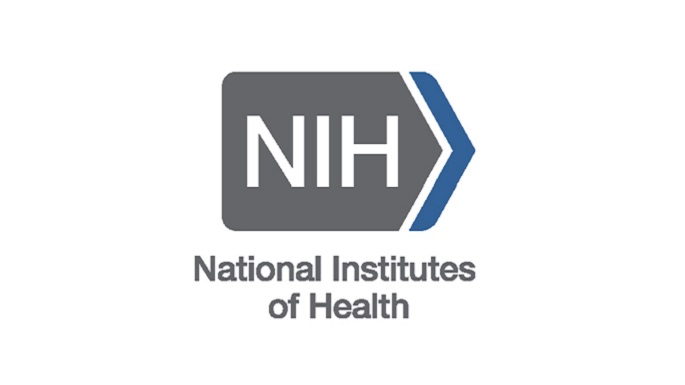Type 1 Diabetes Drug Very Effective in Trial
An experimental drug designed to block the advance of type 1 diabetes in its earliest stages has proven strikingly effective over two years in about half of the patients who participated in the phase 2 clinical trial.
Urgent Recall of Nova Max Blood Glucose Test Strips
The FDA is working with Nova Diabetes Care to recall 21 lots of glucose test strips marketed under the brand names Nova Max Blood Glucose Test Strips and Nova Max Plus Glucose Meter Kits. The test strips under recall may report a false, abnormally high blood glucose result.
Eating Certain Foods May Help Kids with Type 1 Diabetes Produce Insulin
Adding certain foods to the diets of youth with Type 1 diabetes kept them producing some of their own insulin for up to two years after diagnosis.
Adding Certain Foods to Diets of Type 1 Diabetic Children Helped Produce Insulin
Adding foods rich in specific amino and fatty acids to the diets of youth with Type 1 diabetes kept them producing some of their own insulin for up to two years after diagnosis.
Risk of Diabetes Doubled for Infants Starting Solid Food Before 4 Months Old
Infants who get their first solid food before 4 months of age and after 6 months may have a higher risk of developing Type 1 diabetes.
Urban Children with Type 1 Diabetes Skyrockets
Over the past 20-years, the incidence of type 1 diabetes in children under age 5 has increased by 70 percent in the city of Philadelphia. These young children are at the highest risk for death.
Daily Sessions of Whole-Body Vibration May Combat Pre-diabetes in Youth
Daily sessions of whole-body vibration may combat prediabetes in adolescents, dramatically reducing inflammation, average blood glucose levels and symptoms such as frequent urination.
Study: Amish Children Are 2-Times More Physically Active Than Non-Amish Children
Old Order Amish children are much more physically active and three times less likely to be overweight than non-Amish children, which may provide them with some long-term protection against developing Type 2 diabetes.
Recovering T Regulatory Cells in Pancreas May Restore Insulin Production in Diabetics
The key to restoring production of insulin in type I diabetic patients, previously known as juvenile diabetes, may be in recovering the population of protective cells known T regulatory cells in the lymph nodes at the "gates" of the pancreas.
Studies: Children’s Health Provided Added Benefit from Longer Exercise
Twenty minutes of daily, vigorous physical activity over just three months can reduce a child's risk of diabetes as well as his total body fat - including dangerous, deep abdominal fat - but 40 minutes works even better...
Type 1 Diabetes Rapidly Reversed Using Antibody Injections
Scientists have used injections of antibodies to rapidly reverse the onset of Type I diabetes.
New Cause of Cardiac Damage After Heart Attack in Type 1 Diabetics Found
After people with type 1 diabetes have a heart attack, their long-term chance of suffering even more heart damage skyrockets. Now researchers have identified the misstep that sparks this runaway chronic damage and a promising way to block it.
Study Identifies Possible Protection Against Type 2 Diabetes
Researchers have shown that levels of certain related proteins found in blood are associated with a greatly reduced risk for developing type 2 diabetes up to a decade or more later.
2 Drugs Better Than 1 to Treat Youth with Type 2 Diabetes
A combination of two specific diabetes drugs was more effective in treating youth with recent-onset type 2 diabetes than one of the drugs alone
Tools for Predicting Diabetes Are Not Being Used
New research suggests that many cases of diabetes could be prevented by making use of existing prediction tools.
Heart Disease Will Shorten Lives of Today’s Teens
A new study that takes a complete snapshot of adolescent cardiovascular health in the United States reveals a dismal picture of teens who are likely to die of heart disease at a younger age than adults do today.





